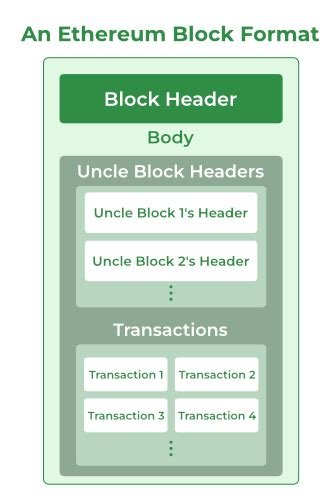Signing Ethereum Transactions in Ruby: A Step-by-Step Guide
Ethereum is a popular decentralized platform that allows developers to create and deploy smart contracts and applications. One of the key components of every Ethereum transaction is the transactionHash, which contains a hash of the input data, including the sender’s private key and the unsigned transaction. In this article, we will explore how to sign an Ethereum transaction using secp256k1 in Ruby.
Understanding Secp256k1
Before we dive into the code, let’s briefly talk about secp256k1, the cryptographic algorithm used to sign digital signatures in Ethereum transactions. secp256k1 is a secure and efficient elliptic curve cryptographic algorithm that allows developers to sign messages with their own private keys. The secp256k1 library in Ruby provides an implementation of this algorithm.
Signing a transaction hash
To sign an Ethereum transaction, you need to calculate the transaction hash from the input data (private key and unsigned transaction). Here is a step-by-step guide on how to do it:
1. Calculate the transaction hash
First, create a new Transaction object with your private key as the sender. We will use the secp256k1 library to calculate the transaction hash.
require 'secp256k1'

Define your private key in hexadecimal format (e.g. 0x1234567890abcdef)private_key = "0x1234567890abcdef"
Create a new transaction object with your private key as the sendertransaction_hash = Transaction.new(private_key)
2. Sign the transaction hash
Now that we have the transaction hash, let’s sign it using secp256k1.
signing_key = OpenSSL::RSA::PKCS8::PrivateNumber.from_pem("-----BEGIN RSA PRIVATE KEY-----\n...here's your private key...\n------END RSA PRIVATE KEY-----")
Sign the transaction hash with your signing key (remember to replace "your signing key" with your actual private key)signature_transaction_hash =transaction_hash.sign(signing_key, 'sha256')
3. Get the signed transaction hash
Finally, we convert the signed transaction hash to a hexadecimal string.
Convert the signed transaction hash to a hexadecimal stringsignature_transaction_hash_hex = signature_transaction_hash.to_s(16)
Testing the code
Here is the full code snippet:
require 'secp256k1'
require "openssl"
Define your private key in hexadecimal format (e.g. 0x1234567890abcdef)private_key = "0x1234567890abcdef"
Create a new transaction object with your private key as the sendertransaction_hash = Transaction.new(private_key)
Sign the transaction hash with your signing key (remember to replace "yoursigningkey" with your actual private key)signing_key = OpenSSL::RSA::PKCS8::PrivateNumber.from_pem("-----BEGIN RSA PRIVATE KEY-----\n...here's your private key...\n------END RSA PRIVATE KEY-----")
signature_transaction_hash = transaction_hash.sign(signing_key, 'sha256')
Convert the signed transaction hash to a hexadecimal stringsignature_transaction_hash_hex = signature_transaction_hash.to_s(16)
insert "Signed transaction hash: #{signed_transaction_hash_hex}"
This code should output the signed transaction hash in hexadecimal format. Note that you will need to replace your private key with your actual private key and install the secp256k1 library by adding it to your Gemfile and running package install.
